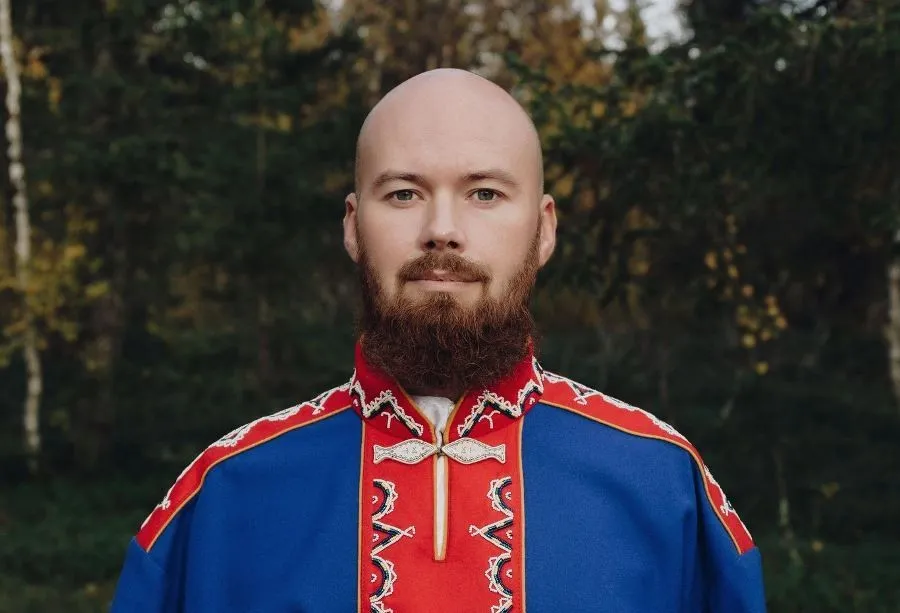Aleksandr Slupachik fled Russia following war, mobilisation and mounting pressure from the FSB. He has now applied for political asylum in Norway.
From the Kola Peninsula to exile in Norway. Aleksandr Slupachik headed of an organisation on indigenous peoples’ rights in the Kola Peninsula. Photo: private
“When I started to work with issues of indigenous peoples I was naive,” Slupachik says to the Barents Observer.
“I thought that [Russian] legislation gives opportunities for development, that indigenous people have the right to manage their lands, right for autonomy and so on. Later, it became clear to me that in real life this not at all the case,” the Sámi representative explains.
Aleksandr Slupachik has for several years headed OOSMO, a public organisation on legal assistance and cultural heritage for the Sámi community in the Kola Peninsula.
Now, he is in Norway where he as applied for political asylum. He left the Kola Peninsula in September, immediately following the mobilisation.
Slupachik follows in the footsteps of Andrei Danilov, the Sámi activist that fled the Kola Peninsula after Russia’s massive onslaught on Ukraine. Danilov is now in the process of getting asylum in Norway.
Both men say they experienced growing pressure from the Russian Security Service.
“They in various ways tried to influence my work. For example, in 2018 they for the first time invited me for an “interview” to get to know more about the Sámi community,” Slupachik says.
“Jokingly, they asked me if I was going go make some kind of revolution, and they requested me to sign a paper, something that I rejected.”
In 2021, FSB officers unexpectedly turned up at his workplace and started asking about ongoing Sámi activities.
“They asked me if I know people from extremist organisations and wanted me to sign a protocol. The document had page numbers 1,2,4. There was no page number 3! That means that they later could add any page of their desire,” Aleksandr Slupachik says.
The Sámi representative requested the officers to correct the issue, whereupon they started a search of his private belongings.
Slupachik and his OOSMO is not the only indigenous people’s organisation that has experienced growing pressure from the authorities.
According to Slupachik, many organisations succumb to the pressure and today appear as supporters of the aggression against Ukraine.
Recently, the Association of the Kola Sámi signed an official letter that expressed support to Putin and his war.
Aleksandr Slupachik himself speaks the North Sámi language and intends to continue to work for indigenous peoples’ rights from his exile in Norway.
“The fact that I and my family now are in safety gives an opportunity to say what I consider necessary and describe the real state of affairs with indigenous peoples’ rights,” he says.
Today, Russian activists that are still in the country are often forced to stay silent for security reasons. I hope I can serve as a kind of middleman between the Russian Sámi and the other world of the Sámi,” he underlines.

